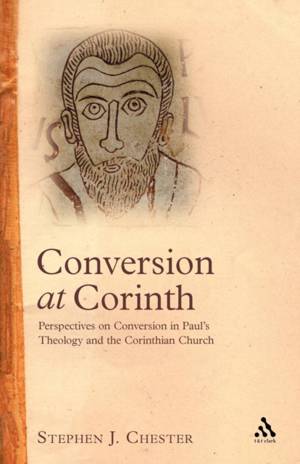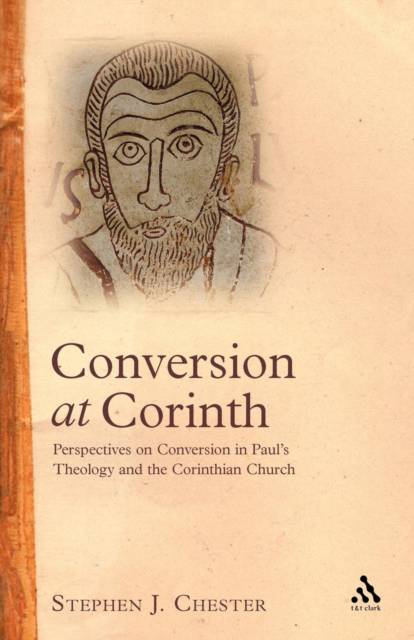
- Afhalen na 1 uur in een winkel met voorraad
- Gratis thuislevering in België vanaf € 30
- Ruim aanbod met 7 miljoen producten
- Afhalen na 1 uur in een winkel met voorraad
- Gratis thuislevering in België vanaf € 30
- Ruim aanbod met 7 miljoen producten
Zoeken
Conversion at Corinth
Perspectives on Conversion in Paul's Theology and the Corinthian Church
Stephen J Chester
€ 228,95
+ 457 punten
Omschrijving
Paul's conversion and its impact on his theology has been studied extensively. Yet little has been done to relate this to Paul's attitude towards the conversion of others, or to perspectives on conversion held by converts in the churches Paul founded. Soteriology is often considered in isolation from the practical issues of how conversion was expected to take place and the nature of its expected consequences. This book addresses these issues, taking account of recent developments in conversion studies in the social sciences and other disciplines. Stephen Chester first reviews these developments and assesses the potential value of sociologist Anthony Gidden's general social theory of structuration. He then utilizes this to explore Paul's perspectives on conversion in relation to both Gentile and Jewish converts. He also explores the Corinthians' perspectives on conversion in the context of Graeco-Roman religious and social life. Here emerges a fascinating account of perspectives on conversion in the crucial formative years of early Christianity.
Specificaties
Betrokkenen
- Auteur(s):
- Uitgeverij:
Inhoud
- Aantal bladzijden:
- 410
- Taal:
- Engels
- Reeks:
Eigenschappen
- Productcode (EAN):
- 9780567040534
- Verschijningsdatum:
- 17/11/2005
- Uitvoering:
- Paperback
- Formaat:
- Trade paperback (VS)
- Afmetingen:
- 207 mm x 213 mm
- Gewicht:
- 508 g

Alleen bij Standaard Boekhandel
+ 457 punten op je klantenkaart van Standaard Boekhandel
Beoordelingen
We publiceren alleen reviews die voldoen aan de voorwaarden voor reviews. Bekijk onze voorwaarden voor reviews.








